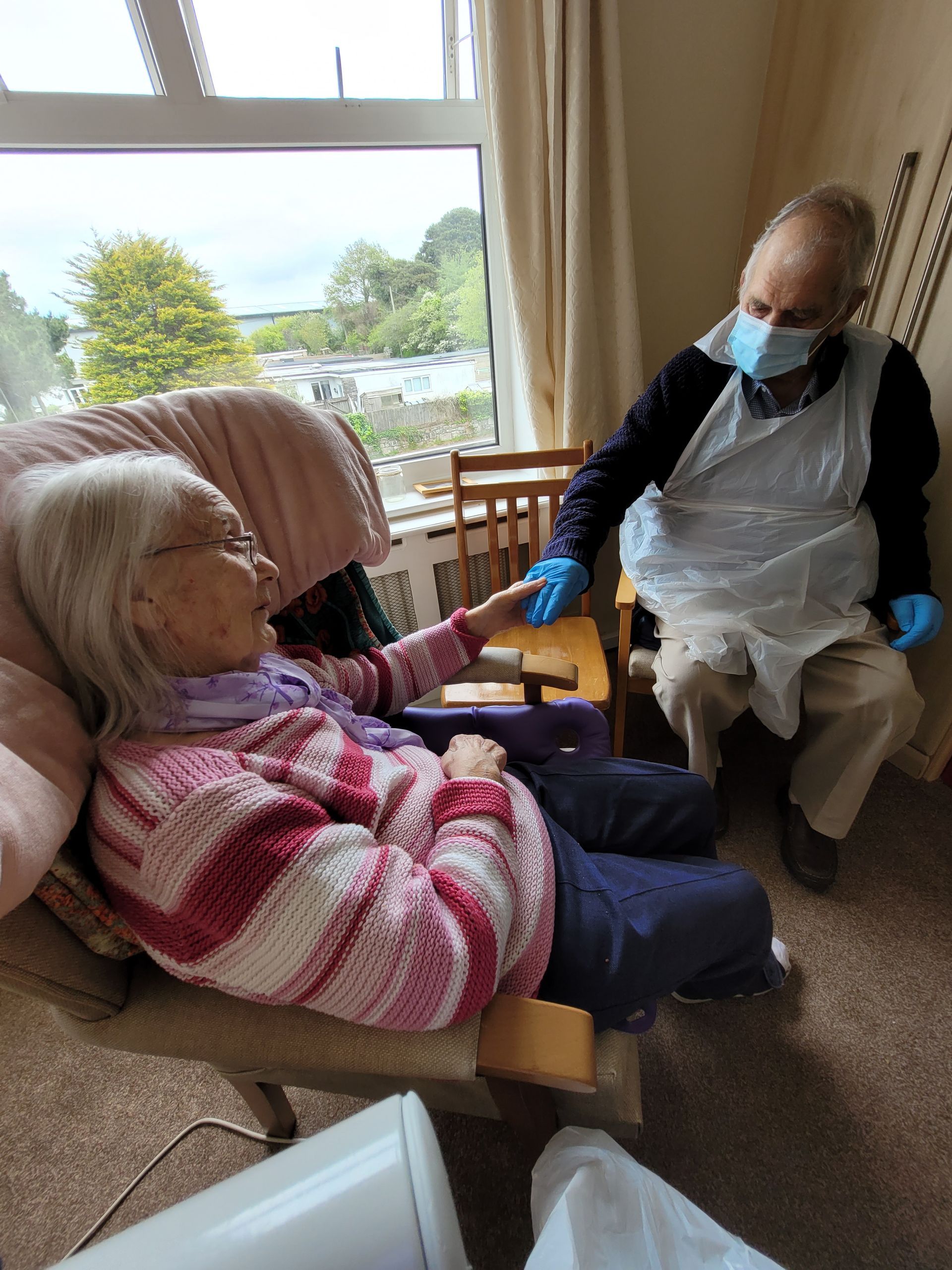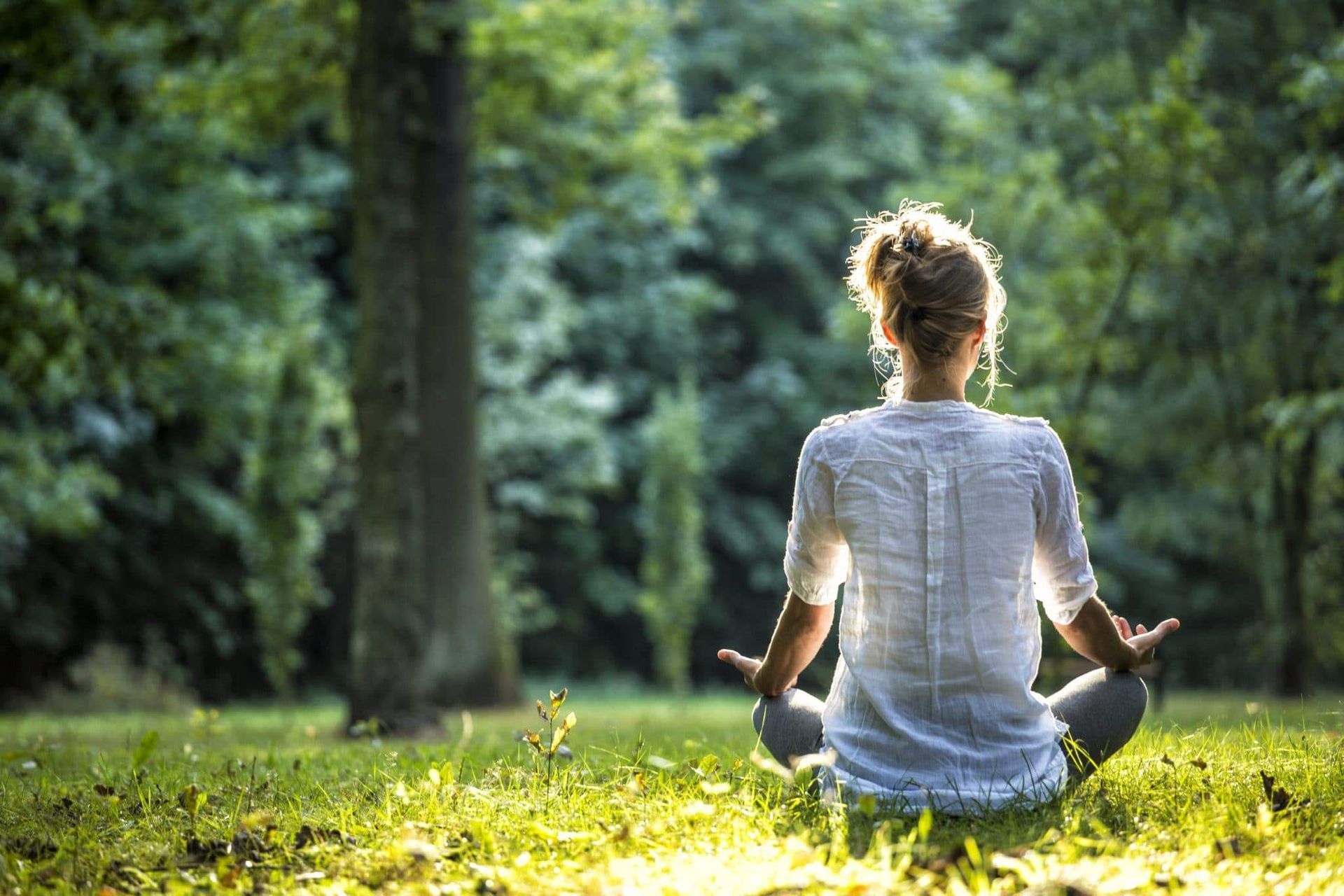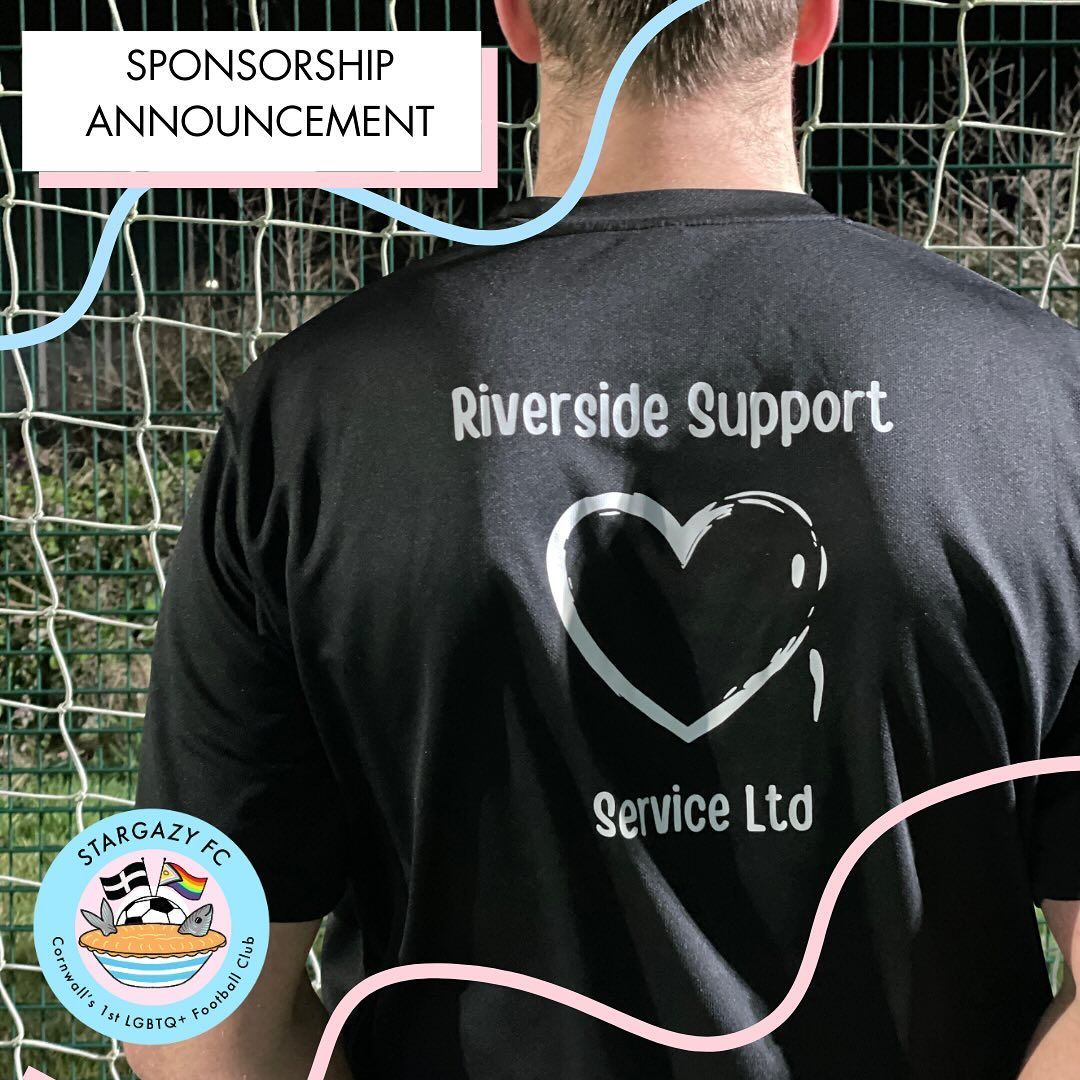What is a Support Worker
The role of a Support Worker

What is a support worker?
A support worker is someone who looks after the well-being of people in their daily lives. They help people living with different physical disabilities and mental health needs to live their lives more independently and support them to reach their potential by providing both physical and emotional support. The role of a support worker is so varied - each person has unique needs, which makes the job unique too.
The role of a Support Worker is an incredibly important and rewarding role, as you are improving the quality of life of our service users, keeping them safe, helping them to achieve their goals and most importantly, making a positive difference in their lives.
What does a support worker do?
The day-to-day job of a support worker differs depending on the needs of the person they are supporting.
This can include helping people to carry out their daily tasks to take care of themselves, teaching new skills, providing emotional support, and ensuring they are living a fulfilled life.
The role is primarily focused on enabling and supporting people to live their lives as independently as they can.
At Riverside, we support people with a diverse range of needs, including learning disabilities, autism, physical disabilities, acquired brain injuries and mental health needs.
The roles and responsibilities of a Support Worker can change every day, overall you will be providing physical and emotional support to a service user and their families. This may include:
- Helping with household tasks, such as tidying, or helping with paperwork.
- Monitoring their healthcare needs, this may be medication management, working with connecting healthcare professionals and family members to share and update information regarding a person's support, or providing information regarding an individual's support plan.
- Helping with everyday tasks, such as meal preparation or food shopping.
- Liaising with other professionals, such as GP's, other care agencies, to ensure consistency of support.
- You will help set the environment for the individual to wash, bathe or shower .
- Understanding a service user’s communication needs and adapting your communication to each person, such as sounds, tones and body language.
- Encouraging and supporting a service user's skills through hobbies and interests.
- Supporting a service user to gain employment.
- Providing emotional and behavioral support.
- Teaching and assisting with life skills, such as budgeting, paying bills and using public transport.
- Delivering individual support plans.
- Helping and encouraging a service user to access community facilities community groups.
- Attending GP, hair and beauty, and hospital appointments.
For us care isn’t just about helping maintaining independence its about promoting independence, self worth, self love and well-being. Of course those things are important but it's also about going that extra mile and going above and beyond, finding out about the person, their hobbies and interests, their likes and dislikes and looking at how we can support them to still do those things they love in a safe environment.
Did you know?
We also take clients to Derriford hospital as part of our Chaperone service.
What skills are needed to be a support worker?
There are certain skills that are beneficial to have when working as a support worker, for example:
- An interest in helping other people, regardless of their condition.
- The ability to communicate clearly and sensitively when talking to people and their families.
- Good listening skills.
- Great problem-solving skills and the ability to adapt and act accordingly to situations.
- Good time management skills to be able to support the needs of multiple people.
- The ability to keep up with changing standards and codes of conduct in the social care sector.
- The ability to work both alone and as part of a team.
- A high level of patience and emotional resilience.
- Being empathetic towards everyone.
- The ability to make good, positive relationships with people and their families.
- The ability to communicate with other healthcare professionals.
- Great verbal and written communication skills.
- A non-judgmental attitude regardless of a person’s needs.
- The ability to remain calm under pressure and when dealing with challenging situations.
What qualifications are needed to be a support worker?
Becoming a support worker doesn’t require any specific qualifications. Experience in the care sector is helpful but not required. Training is available and continued throughout your time here at Riverside, also shadow shifts are available which provides an insight into the roles and responsibilities of the job role.
The role of a Support Worker is diverse, offering a dynamic and fulfilling career. It's an extremely rewarding profession, dedicated to improving the lives of vulnerable individuals. Becoming a Support Worker is not just a job it's a shared passion to make a genuine difference for all involved.
"We are a team who empower one another to grow as individuals and embrace our individuality. "
Head over to our careers section for available positions.



